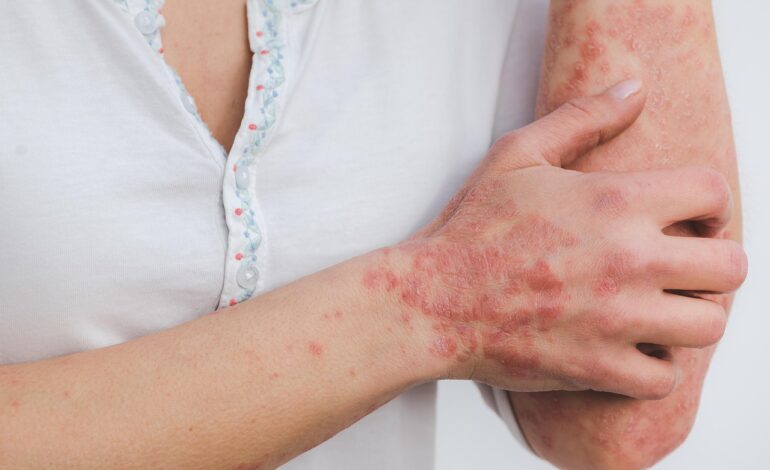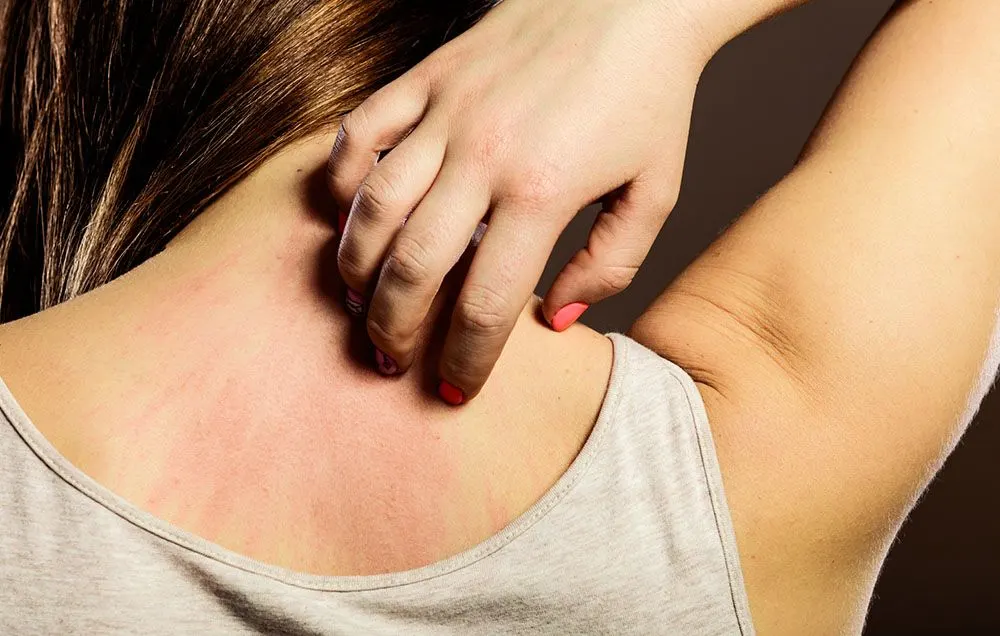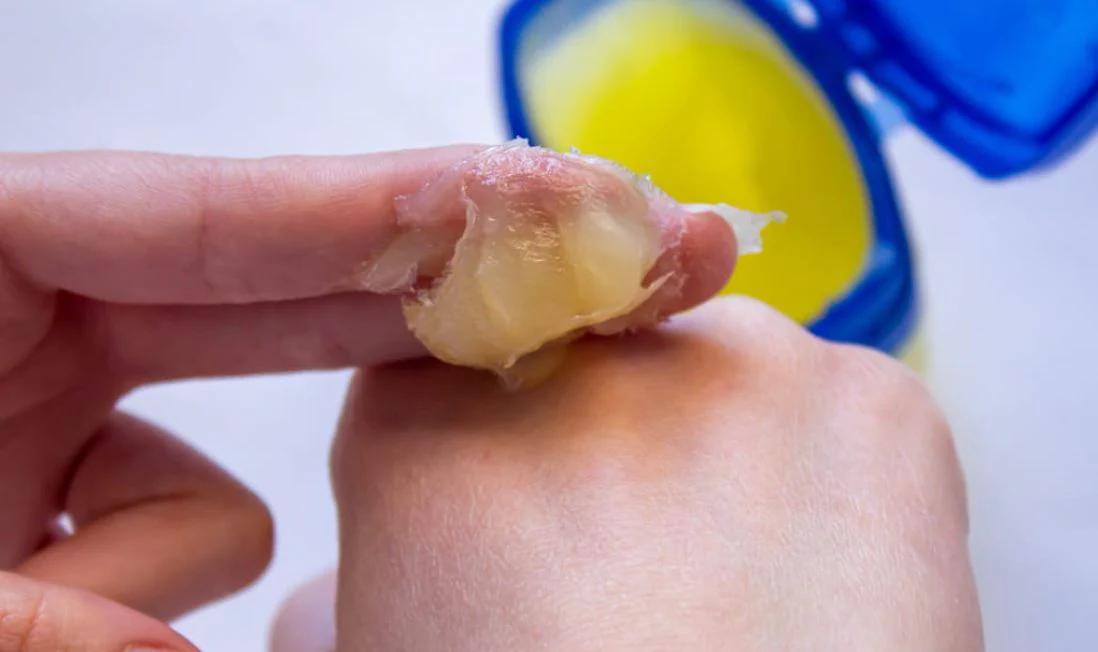Psoriasis in Women: How It Differs, Why It Matters, and What to Watch For
Psoriasis is an autoimmune skin disease that affects over 7.5 million Americans, according to the National Psoriasis Foundation (NPF). It causes the body to speed up skin cell production, leading

Psoriasis is an autoimmune skin disease that affects over 7.5 million Americans, according to the National Psoriasis Foundation (NPF). It causes the body to speed up skin cell production, leading to red, scaly patches that can itch, crack, and bleed. But what many people don’t realize is this: psoriasis can behave very differently in women. Psoriasis in women often presents unique patterns influenced by hormonal and biological factors.
From hormonal triggers to symptom patterns and treatment responses, researchers are uncovering significant gender-based differences in how psoriasis appears, progresses, and impacts daily life.

The Basics: What Is Psoriasis?
Psoriasis is a chronic condition where the immune system mistakenly attacks healthy skin cells, leading to rapid skin cell turnover. There are several types of psoriasis, with plaque psoriasis being the most common, accounting for about 80–90% of all cases.
How Psoriasis Affects Women Differently
1. Later Onset and Milder Symptoms
While psoriasis in women psoriasis typically develops between ages 15 and 35, women often experience onset later than men — often around menopause. Some studies suggest women also tend to have less severe skin lesions compared to men, though the symptoms can still be deeply distressing.
Study Insight: A 2022 study published in JAMA Dermatology found that women had lower Psoriasis Area and Severity Index (PASI) scores than men, indicating milder skin involvement, but reported higher psychological burden.
2. Hormonal Triggers and Fluctuations
Hormones play a major role in psoriasis progression. Women experience significant hormonal shifts during:
- Puberty
- Menstruation
- Pregnancy
- Perimenopause and menopause
These changes can cause psoriasis to flare or improve unpredictably. For example, about 50% of pregnant women with psoriasis report symptom improvement, while others experience flares post-delivery due to the dramatic hormone drop.
3. Higher Emotional and Psychological Burden
Though men often report more extensive physical symptoms, women are more likely to report depression, anxiety, and low self-esteem tied to psoriasis — especially when lesions appear on visible areas like the face, scalp, or hands. Psoriasis in women can significantly impact emotional well-being and self-image, often more than the physical symptoms themselves.
Mental Health Link: According to the NPF, over 60% of women with psoriasis report feeling stigmatized or socially isolated.
4. Unique Challenges with Treatment
Some psoriasis treatments may not be suitable or safe during certain stages of a woman’s life:
- Topical steroids must be used cautiously during pregnancy
- Biologics may require careful evaluation for women planning to conceive
- Systemic treatments can interfere with hormone-based birth control
Additionally, body composition and metabolism differences may affect how medications work in women, leading to differences in treatment efficacy and side effect profiles.
Read About: Dry? Oily? Confused? Here’s What Finally Helped Me Get My Skin Together
5. Impact on Reproductive and Sexual Health
Women with moderate to severe psoriasis are more likely to report:
- Painful intercourse (dyspareunia) due to genital lesions
- Lower libido, often linked to body image issues
- Menstrual irregularities, potentially due to inflammation and stress
A 2023 survey in Dermatologic Therapy found that 1 in 4 women with psoriasis experience some form of sexual dysfunction tied to their condition.
Why Gender-Specific Research Matters
For decades, clinical trials on psoriasis focused primarily on male participants. As awareness grows, researchers are recognizing that psoriasis in women presents distinct challenges that deserve focused study. Today, there’s a growing push for sex-specific dermatological research, and with good reason.
Dr. Elena Morales, a dermatologist at NYU Langone, explains:
“Women experience psoriasis not just on the skin, but in their hormones, emotions, and relationships. Treating it requires more than a prescription — it requires understanding the whole person.”
Managing Psoriasis as a Woman: What Helps
- Track symptom flares alongside your menstrual cycle to identify hormonal patterns
- Discuss pregnancy plans with your dermatologist early
- Consider mental health care as part of your treatment plan
- Ask about biologics tailored for women — newer options are better studied across genders
- Focus on lifestyle tools like stress management, sleep, and anti-inflammatory diets
Takeaway: It’s More Than Skin Deep
Psoriasis in women is not just a skin condition — it’s a whole-body, whole-life experience. Hormonal changes, emotional health, and reproductive planning all shape how women experience this chronic illness.
If you’re a woman living with psoriasis, don’t settle for a one-size-fits-all treatment plan. There are options — and understanding your body’s unique rhythms can lead to better outcomes, both inside and out.








